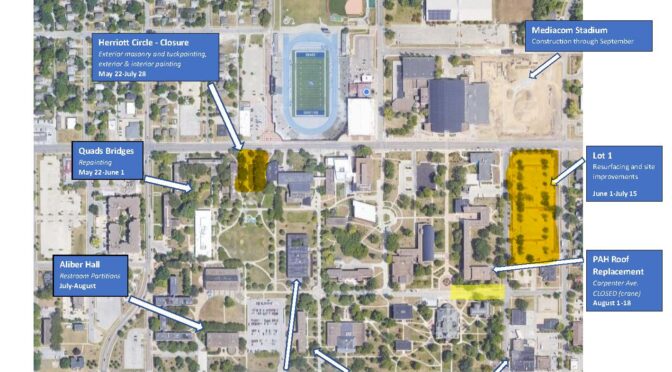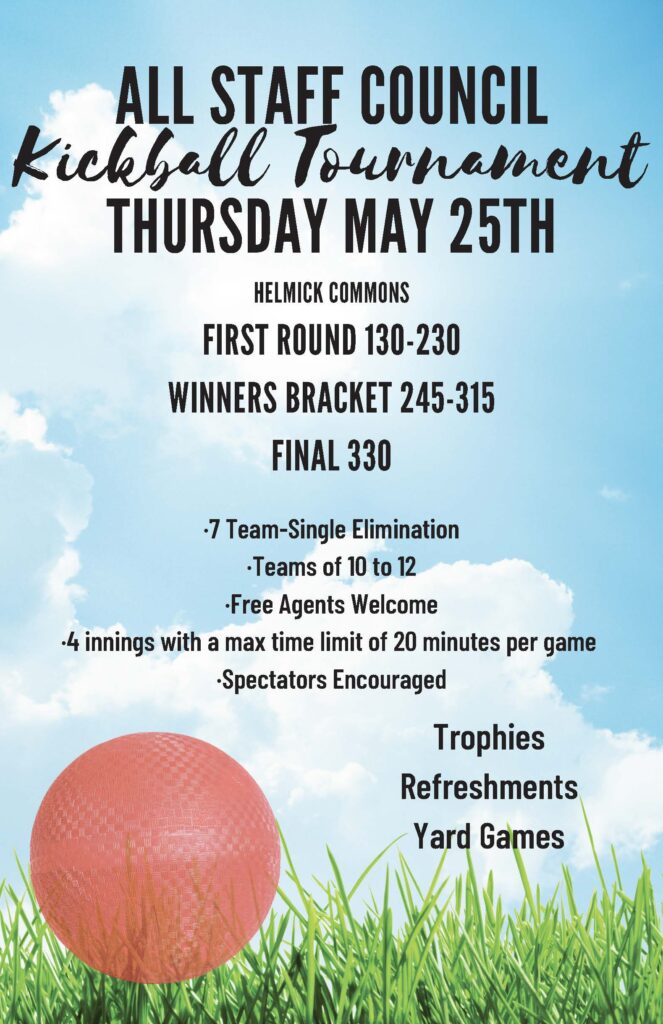Staff upgrade requests and limited market adjustments are included in the fiscal year 24 budget. Managers will be notified in the next week if their requested upgrades were approved. If so, job upgrade adjustments will be effective July 1, 2023. A limited pool is also available for some staff market adjustments. In addition to our standard formula for assessing market adjustments, we are also faced with a potential change in the law that could inform market adjustment decisions.
The U.S. Department of Labor (DOL) announced over a year ago that they would be proposing a new a new salary threshold for overtime eligibility. The anticipated proposal was originally supposed to be published last April, then last October, and it has most recently been pushed to this current month of May.
If the DOL raises the salary threshold for exempt (salaried) status, employers will need to evaluate whether to increase a position’s salary to meet the threshold or adjust positions to non-exempt (hourly) status. Clearly, without knowing what the new salary threshold will be, we cannot project what we will be able to do for each impacted position.
We hope the coming months will bring with them answers—what the new threshold will be, when it will take effect, and what our approach to the new threshold will be.
The waiting game will impact the decisions we need to make regarding staff market adjustments. As soon as we have more concrete information to share we will. Please know we understand this is a topic of both great interest and importance to staff. If the Department of Labor does not issue a new threshold by early June, we will determine whether to proceed with limited market adjustments effective July 1. Watch for additional information about this process from Human Resources.
At present, we are not far enough into the budget process to have any substantive update regarding staff merit adjustments. Going forward, the plan is to roll out any merit increases as of January 1 of the relevant fiscal year (January 1, 2024, for the next fiscal year).
Please note that faculty salaries are being actively reviewed by the Provost’s Office, with support from Drake HR. Faculty fall under a different exemption category under the FLSA, so a change to the hourly threshold will not impact anyone holding a faculty position. Faculty market salary letters will be sent in June from the Provost’s Office, and faculty promotion salary letters will come from their respective deans.
— Maureen De Armond, Human Resources


